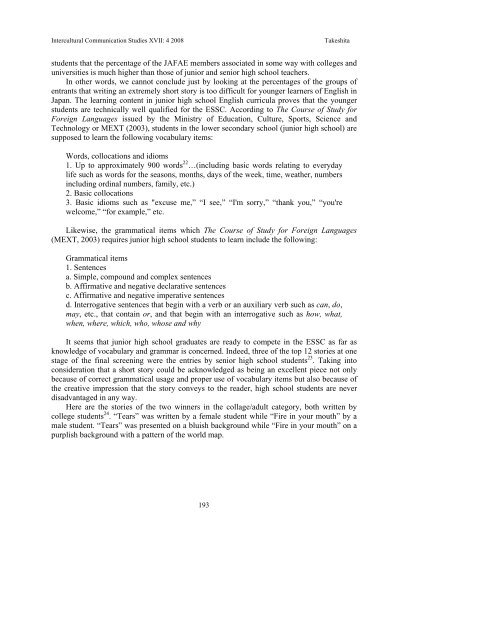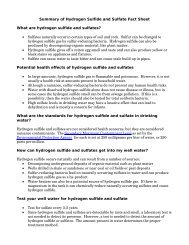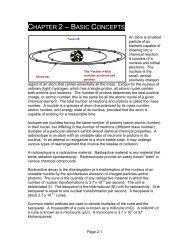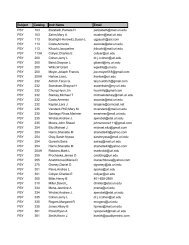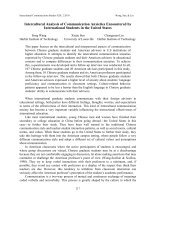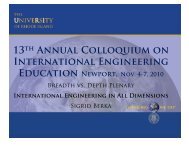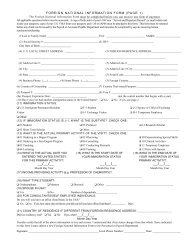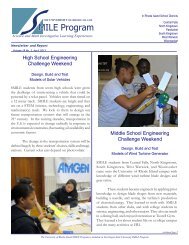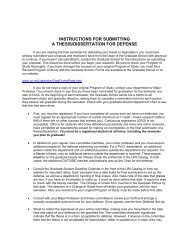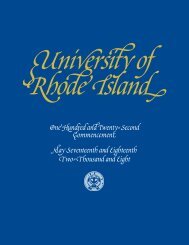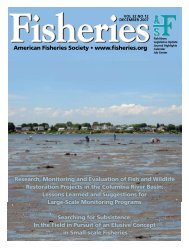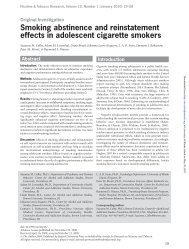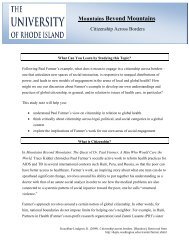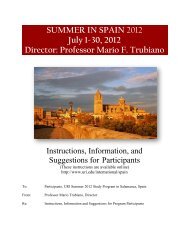The Extremely Short Story Competition (ESSC): A Successful Case ...
The Extremely Short Story Competition (ESSC): A Successful Case ...
The Extremely Short Story Competition (ESSC): A Successful Case ...
Create successful ePaper yourself
Turn your PDF publications into a flip-book with our unique Google optimized e-Paper software.
Intercultural Communication Studies XVII: 4 2008 Takeshita<br />
students that the percentage of the JAFAE members associated in some way with colleges and<br />
universities is much higher than those of junior and senior high school teachers.<br />
In other words, we cannot conclude just by looking at the percentages of the groups of<br />
entrants that writing an extremely short story is too difficult for younger learners of English in<br />
Japan. <strong>The</strong> learning content in junior high school English curricula proves that the younger<br />
students are technically well qualified for the <strong>ESSC</strong>. According to <strong>The</strong> Course of Study for<br />
Foreign Languages issued by the Ministry of Education, Culture, Sports, Science and<br />
Technology or MEXT (2003), students in the lower secondary school (junior high school) are<br />
supposed to learn the following vocabulary items:<br />
Words, collocations and idioms<br />
1. Up to approximately 900 words 22 …(including basic words relating to everyday<br />
life such as words for the seasons, months, days of the week, time, weather, numbers<br />
including ordinal numbers, family, etc.)<br />
2. Basic collocations<br />
3. Basic idioms such as "excuse me,” “I see,” “I'm sorry,” “thank you,” “you're<br />
welcome,” “for example,” etc.<br />
Likewise, the grammatical items which <strong>The</strong> Course of Study for Foreign Languages<br />
(MEXT, 2003) requires junior high school students to learn include the following:<br />
Grammatical items<br />
1. Sentences<br />
a. Simple, compound and complex sentences<br />
b. Affirmative and negative declarative sentences<br />
c. Affirmative and negative imperative sentences<br />
d. Interrogative sentences that begin with a verb or an auxiliary verb such as can, do,<br />
may, etc., that contain or, and that begin with an interrogative such as how, what,<br />
when, where, which, who, whose and why<br />
It seems that junior high school graduates are ready to compete in the <strong>ESSC</strong> as far as<br />
knowledge of vocabulary and grammar is concerned. Indeed, three of the top 12 stories at one<br />
stage of the final screening were the entries by senior high school students 23 . Taking into<br />
consideration that a short story could be acknowledged as being an excellent piece not only<br />
because of correct grammatical usage and proper use of vocabulary items but also because of<br />
the creative impression that the story conveys to the reader, high school students are never<br />
disadvantaged in any way.<br />
Here are the stories of the two winners in the collage/adult category, both written by<br />
college students 24 . “Tears” was written by a female student while “Fire in your mouth” by a<br />
male student. “Tears” was presented on a bluish background while “Fire in your mouth” on a<br />
purplish background with a pattern of the world map.<br />
193


